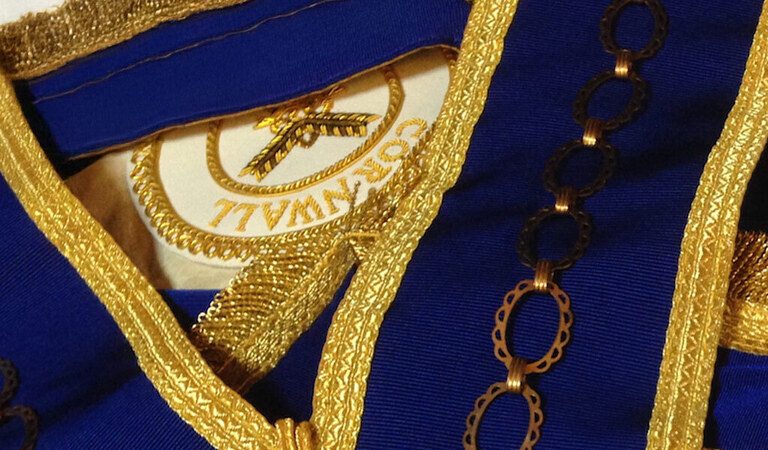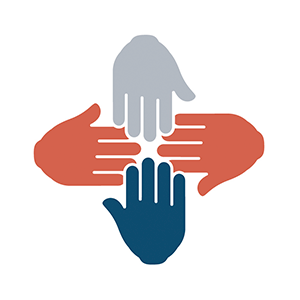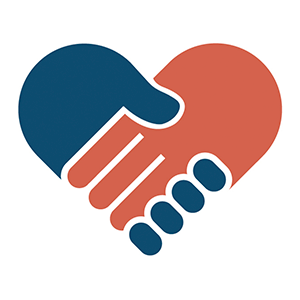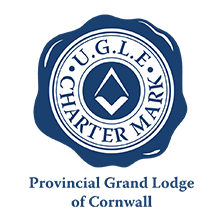Becoming a Freemason is an opportunity to be part of something greater than yourself—a community rooted in shared values, personal growth, and meaningful connection. It’s a chance to make a real difference in the lives of others while working on becoming the best version of yourself.
Men join Freemasonry for many reasons. Some are drawn by the chance to form lasting friendships—bonds that span generations and stand strong through life’s ups and downs. Others seek the personal fulfilment that comes from striving to live by high moral principles and giving back to their communities.
Freemasonry brings together people from all walks of life—of different ages, backgrounds, and professions—united by a shared commitment to integrity, kindness, and self-improvement. It’s this diversity, bound by common values, that makes our fraternity truly special.
And of course, we enjoy ourselves along the way. Whether sharing a meal, raising a toast, or simply spending time together, Freemasonry is as much about friendship and camaraderie as it is about purpose and principle.
Yes—Freemasonry is open to anyone who meets the basic requirements and shares a commitment to personal growth, integrity, and helping others.
Men aged 18 and over are welcome to join, regardless of background, ethnicity, political views, economic circumstances, or religious affiliation. However, applicants are expected to hold a belief in a Supreme Being—a core principle of Freemasonry.
If you're a student aged 18 or over, you may be particularly interested in joining through the Province's University Scheme Lodge, The Lodge of the Chisel, which is designed to support younger members during their time at university and beyond. Details about the Lodge of the Chisel and other University Scheme Lodges can be found HERE
Women who are interested in Freemasonry are equally welcome—there are two long-established Grand Lodges for women in the UK:
• The Order of Women Freemasons
• Honourable Fraternity of Ancient Freemasons (Freemasonry for Women)
Women Freemasons have been meeting across the country for over 100 years. These organisations follow the same traditions, ceremonies, and values as male Freemasonry, wearing the same regalia and actively engaging in community and charitable work.
Whichever path you choose, Freemasonry offers a warm welcome, meaningful connections, and the chance to be part of something truly special.
A lodge has a subscription cost. There's no getting around it. Rest assured that the fees are wholly contributing to Freemasonry whether it be to the upkeep of the masonic hall where the lodge meets, the administrative costs of running the province, and charitable endeavours made by our national charity the MCF.
Beyond this (gasp! yes more) there are calls upon your charity for more local endeavours. This could be from personal support to our own Cornwall Masonic Charitable Foundation (CMCF), to Lodge specific charities that may be close to the members' hearts, usually via raffles and collections in a masonic lodge meeting. There is no quantifiable amount that is expected in any way whatsoever. Nobody is counting and nothing is 'expected'.
A Lodge is a group of Freemasons—typically between 15 and 50 members—drawn from all walks of life and across a range of age groups. Each Lodge has its own unique character, traditions, and approach to Freemasonry, shaped by its members and its history.
In the Province of Cornwall alone, there are over 70 Lodges with approximately 2,300 members. With such variety, there truly is a Lodge to suit everyone—whether you’re looking for a close-knit group, a Lodge with deep historical roots, or one that offers a more modern experience.
Lodges meet regularly at their local Masonic Hall, usually on a set day each month, a specific number of times per year. For example, a Lodge might meet on the third Thursday of each month from September to April—eight times annually. These regular meetings form the heartbeat of Lodge life, combining ceremony, fellowship, and shared purpose.
When someone asks, “What do you do in a Lodge?”, the answer is simple: we meet to carry out the traditions and values of Freemasonry.
Our meetings usually involve a combination of ceremonial work, learning, and fellowship. The ceremonies we perform mark a member’s journey through Freemasonry, using symbolic language and stories to explore important themes like integrity, kindness, respect, and personal development.
We also spend time planning charitable activities, discussing how we can support our local communities, and enjoying one another’s company. After the formal part of the meeting, members often share a meal together—a tradition known as the “Festive Board”—where friendship and good conversation are at the heart of the experience.
So while the setting may be formal, the atmosphere is welcoming, and the purpose is deeply meaningful: to become better people, support one another, and contribute positively to the world around us.
Rituals and ceremonies lie at the heart of Freemasonry. They are meaningful, symbolic events that mark a member’s journey through the different stages of Freemasonry and reflect our values, traditions, and shared heritage.
For many Freemasons, taking part in rituals is one of the most rewarding aspects of membership. It can be both challenging and fulfilling—much like learning lines for a play—requiring preparation, teamwork, and personal growth. Members often find that through this experience, they build confidence, improve public speaking skills, and develop a deeper sense of connection and purpose.
Masonic meetings, where these ceremonies take place, often have a unique atmosphere—one that uplifts, inspires, and strengthens the bond between members. Many describe leaving a meeting with a renewed sense of energy and positivity, already looking forward to the next gathering.
There is great enjoyment to be found in both the ceremonial and social aspects of Freemasonry. It’s an experience that combines tradition, personal development, and the warmth of shared fellowship—and we’re proud to be a part of it.



